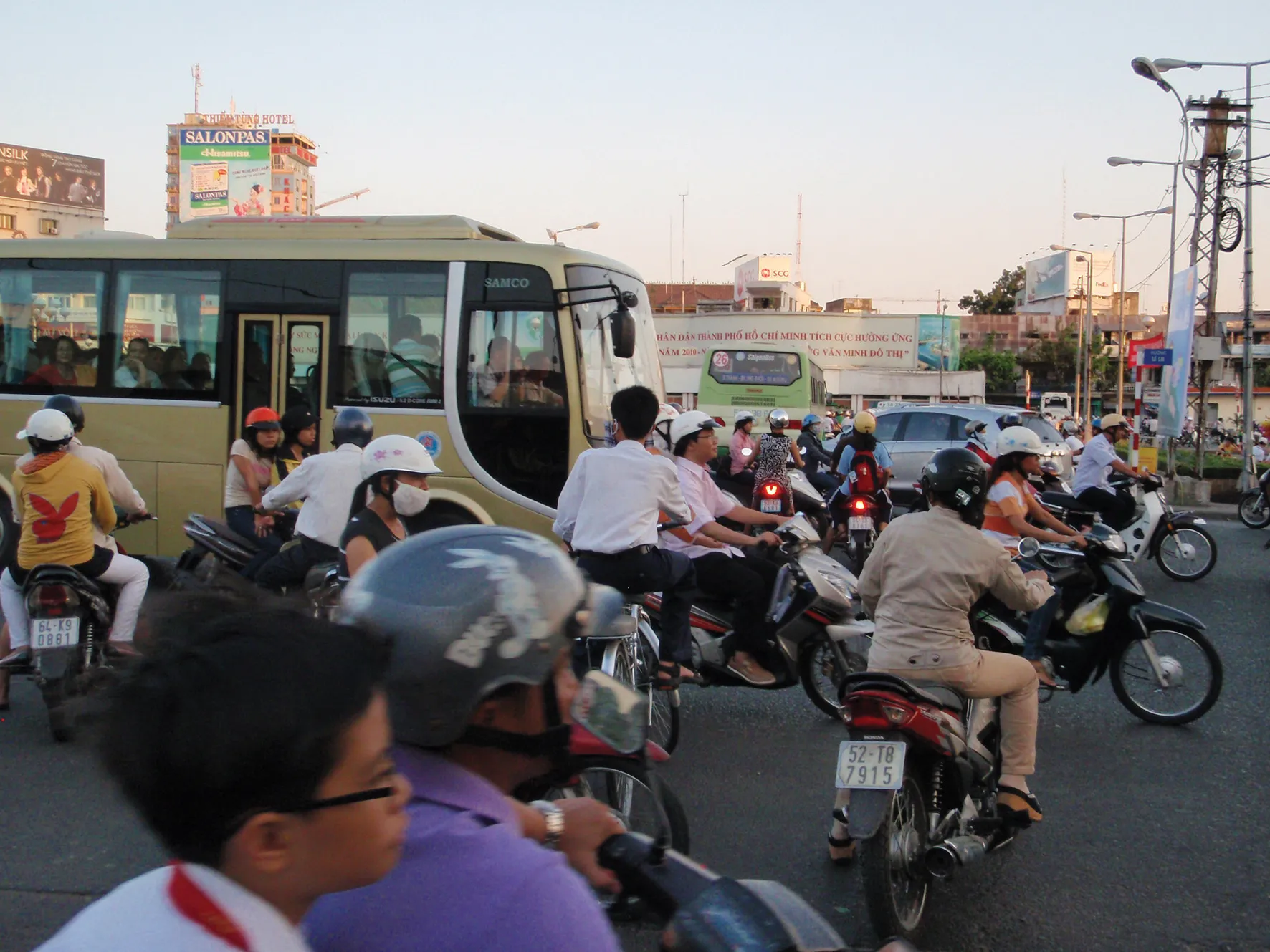Vietnam intends to set up an electronic network that will charge vehicle drivers to enter the centre of Ho Chi Minh City. Congestion is a major problem in the city and the authorities wish to help tackle the issue and allow better traffic flow. The electronic congestion charging system will be installed on roads at Districts 10, 3 and 1 and Ho Chi Minh City will the first in Vietnam to adopt such an approach.
May 29, 2012
Read time: 1 min

Vietnam intends to set up an electronic network that will charge vehicle drivers to enter the centre of Ho Chi Minh City.
Congestion is a major problem in the city and the authorities wish to help tackle the issue and allow better traffic flow. The electronic congestion charging system will be installed on roads at Districts 10, 3 and 1 and Ho Chi Minh City will the first in Vietnam to adopt such an approach.
However the country's other major cities also experience severe traffic congestion and should this prove successful, other Vietnamese cities may follow Ho Chi Minh City's lead.
Tien Phong Technology has been given approval to start charging by Ho Chi Minh City's authorities under contract.
Congestion is a major problem in the city and the authorities wish to help tackle the issue and allow better traffic flow. The electronic congestion charging system will be installed on roads at Districts 10, 3 and 1 and Ho Chi Minh City will the first in Vietnam to adopt such an approach.
However the country's other major cities also experience severe traffic congestion and should this prove successful, other Vietnamese cities may follow Ho Chi Minh City's lead.
Tien Phong Technology has been given approval to start charging by Ho Chi Minh City's authorities under contract.







